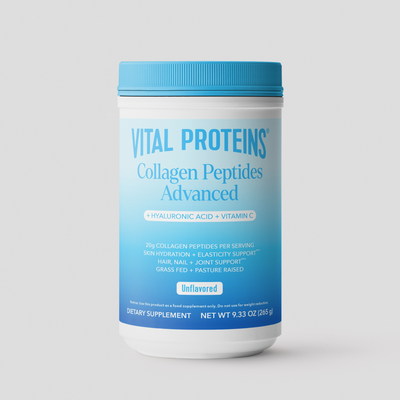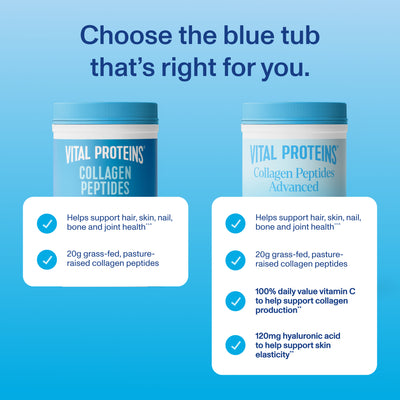Dry, itchy scalp? While you might assume it's dandruff, that's not always the case. Those flakes may be dandruff's less-talked-about (but equally annoying) cousin: dry scalp.
"Dry scalp mimics irritated skin in that it feels tight, can be inflamed and be incredibly itchy," explains Kerry E. Yates, hair artist and Founder and CEO of Colour Collective.
Here, learn all about dry scalp, including what causes it and the expert-recommended fixes for keeping flakes at bay.
First things first, what causes dry scalp?
A lack of moisture is at the root of dry scalp. "Dehydration is the number one cause of a dry scalp from lack of moisture or the inability to produce the natural oils necessary for a perfectly balanced scalp pH," says Tracy Ftacek, Hairstylist and Founder/Owner of The Pretty Convenient Salon and The Pretty Convenient App.
Of course, other internal and external factors also come into play. This includes diet, certain medical conditions, medication you may be taking and topical products you may be using, says Ftacek, so it may be beneficial to check with your doctor.
That's not all. Yates adds that anything from heavy use of abrasive detergents to aggressive shampooing to super hot water exposure to high-alkaline products (such as hair color) can trigger a dry scalp.
What's the difference between a dry scalp and dandruff?
While they're both characterized by flakes, the similarities stop there. For one, dry scalp is considered itchy, dry flakes caused by lack of moisture. Meanwhile, dandruff sufferers actually have an oily scalp.
"The oily scalp impedes the natural shedding of skin cells, causing them to collect together, creating big skin patches that flake off," says Yates.
If you look at a dandruff flake closely, you'll notice that it's yellowish in color with a waxy feel, says Ftacek. There may even be a slight unpleasant odour if not treated properly. How to treat dry scalp – the experts share their quick fixes.
Use Jojoba Oil
"Jojoba oil is most closely associated with our natural oils and is easily absorbed into the scalp to prevent any sort of build up," says Ftacek, who recommends massaging it directly onto your scalp once or twice a week. Don't have jojoba oil? Try tea tree oil or tea tree shampoo.
While commonly used to treat dandruff, Maryam Iman, L.A.-based celebrity hairstylist and influencer, says that it can help remedy any dry, flaky scalp.
Do A Product Check
If you've recently changed hair products and are dealing with a dry, itchy scalp, the change could be why.
"Ditch the new and go back to what you were using before," recommends Ghanima Abdullah, cosmetologist and hair expert at TheRightHairstyles.com.
If you haven't already, Gina Rivera, beauty expert and Founder of Phenix Salon Suites & COLOURS by Gina, says to swap in your drugstore products for professional-grade shampoo and conditioner.
"Using a good professional shampoo and conditioner that is packed with biotin, collagen and B vitamins which all serve to promote scalp health. She recommends her Pure BioGen Complex.
Related Articles
Get Rid Of Buildup
Over time, products, such as hairspray or other styling products, can build up in your hair. This is what causes your hair to never look or feel fully cleaned. To cleanse the hair, Abdullah recommends a 10:1 water/vinegar rinse.
"A vinegar rinse will remove buildup and help soothe your scalp to give you a fresh start," Abdullah says.
Since prevention is also key, Yates recommends using products that are advertised as "gentle." That's because heavy products, such as dry shampoo, can easily build up on the scalp.
Wash Your Hair Less
You already need to wash it less than you'd think (just check out this guide). In the case of a dry scalp, Yates recommends washing at least every other day. She says to use lukewarm water instead of exposing your hair to high temperatures, since this can dry out both your hair and scalp.
Assess Your Diet
If you want a healthy scalp, feed it well. Incorporating healthy foods, such as those with Omega-3, provides essential proteins and nutrients to hair follicles and skin,** explains Rivera. She adds that this can help to prevent hair follicle inflammation and promote circulation in the scalp.


















